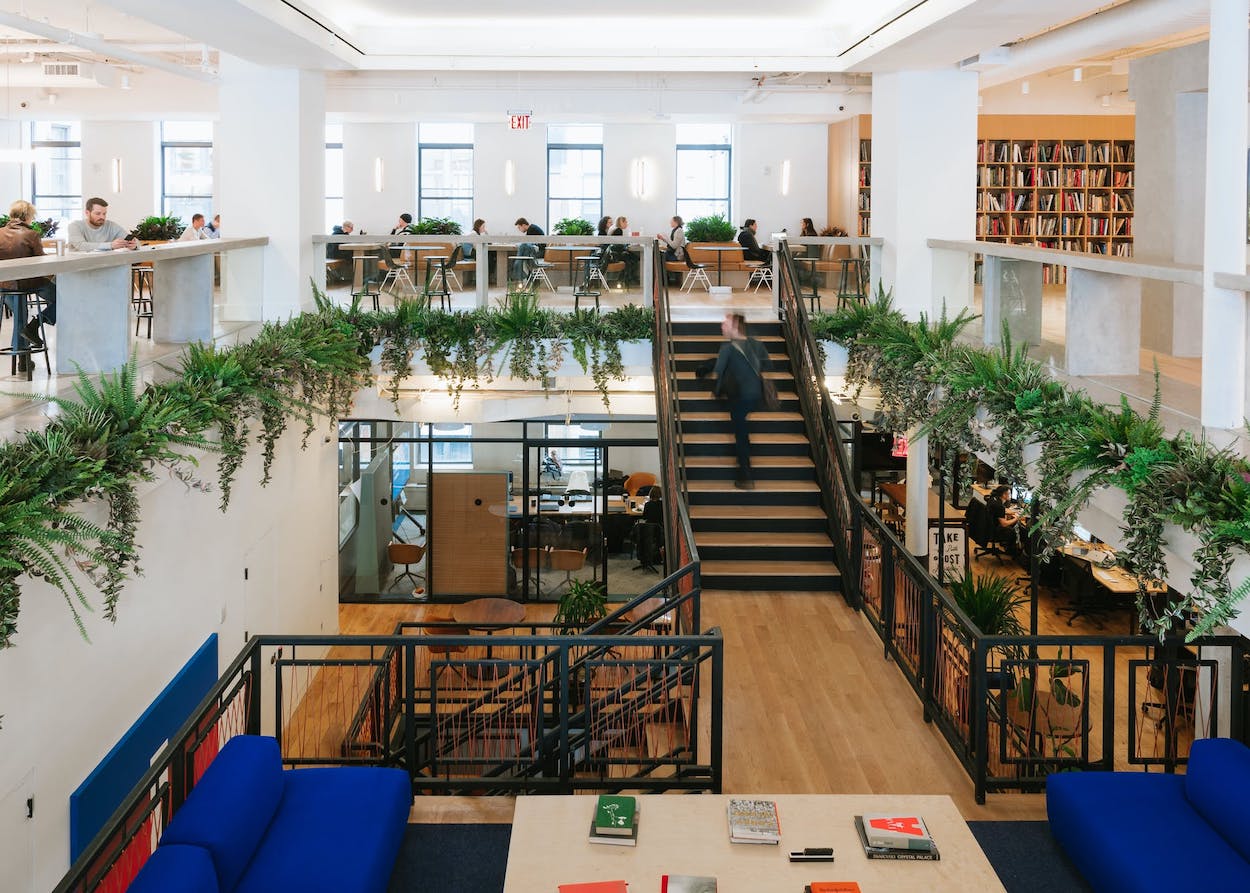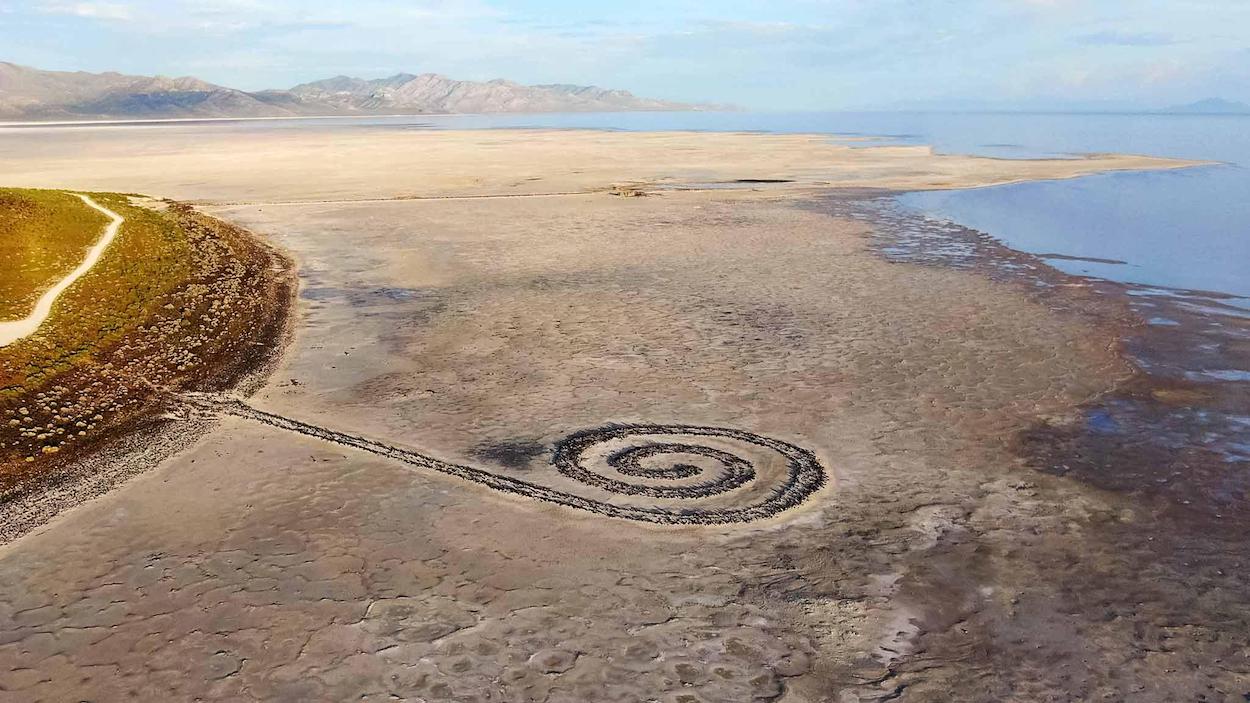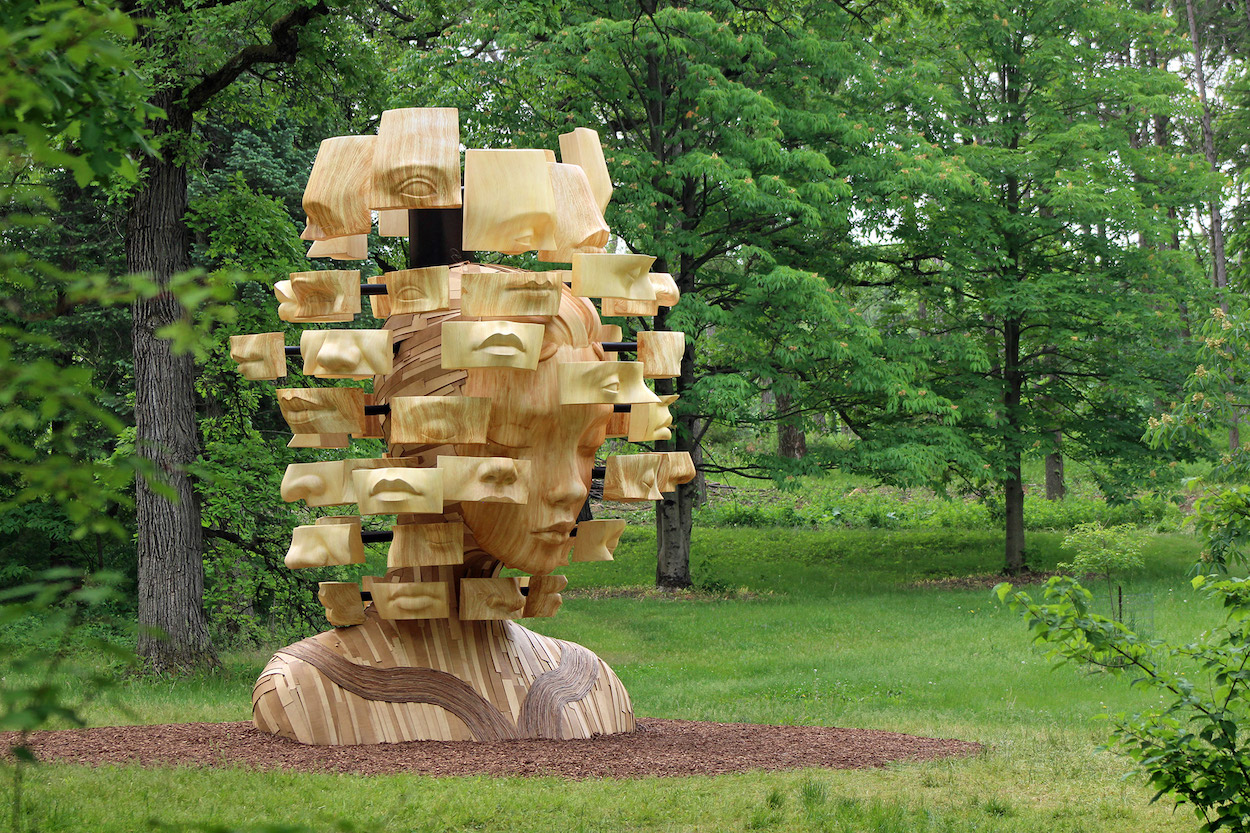The Design Dispatch offers expertly written and essential news from the design world crafted by our dedicated team. Think of it as your cheat sheet for the day in design delivered to your inbox before you’ve had your coffee. Subscribe now.
Have a news story our readers need to see? Submit it here.
WeWork founder Adam Neumann receives an enormous exit package totaling $445 million.
Two years after Adam Neumann was ousted from WeWork following a disastrous attempt by the company to go public, the founder received a generous post-divorce payout that includes $245 million in company stock and $200 million in cash. The scale of Neumann’s severance has shocked corporate governance experts, who note that WeWork was valued at $47 billion in 2019 but soon fell to $8 billion excluding debt. “The captain rammed the ship into a bridge and then was given the value of the ship to leave,” Charles Elson, a corporate governance expert at the University of Delaware, told The Guardian. “Neumann lost money for people that invested with him and left vastly enriched, and that doesn’t make a lot of sense.”
Peter Marino launches an art foundation in The Hamptons to show off his private collection.
Teaming up with neighbor Southampton Arts Center (SAC), the New York–based architect has debuted a new cultural institution to showcase his private collection, the Peter Marino Art Foundation. Known for his flashy leather outfits and eccentric designs for fashion house flagships such as Dior, Louis Vuitton, and Chanel, visitors can expect a range of works by artists like Andy Warhol, Damien Hirst, Richard Prince, and Robert Mapplethorpe, as well as Renaissance and baroque bronzes. Also in Marino’s plans: a renovation of the grounds that will draw inspiration from legendary landscape architect Warren Manning, who designed the arboretum in the late 1890s.
The Graham Foundation awards $585,000 in grants to people exploring innovative design.
The Graham Foundation has announced the recipients of this year’s Grants for Individuals, a program that awards a combined total of $585,000 to people who are exploring innovative design ideas within the field of architecture. The 71 grants will fund research, exhibitions, publications, films, and other initiatives in cities such as Ahmedabad, Milan, Mexico City, and San Juan. “This year, as the pandemic forced communities, cities, and countries to close down, the inequities of design and the built environment only intensified,” Graham Foundation director Sarah Herda said in a statement. “Through this dynamic grantee cohort, the Graham continues its 65-year commitment to supporting individuals to realize ideas that have the power to change the field of architecture.”



